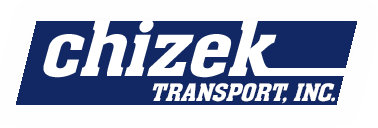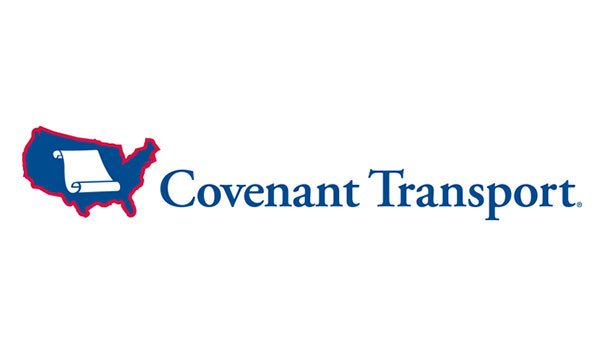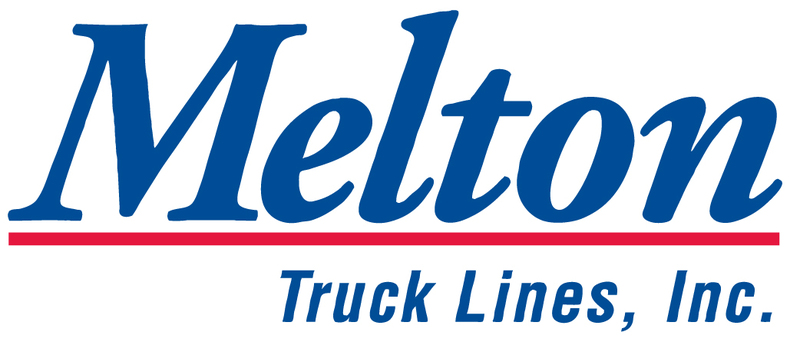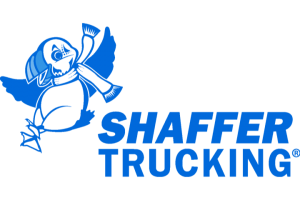Fuel Surcharge / Brokers / PUC & ICC Authority
I am a retired Interstate Commerce Commission (ICC) Investigator with more than 45 years in transportation. For the past 11 years I have been a transportation consultant assisting those who would like to get their own motor carrier or broker authority.
Every day I answer your transportation questions. The majority of the questions deal with property brokers and owner-operator leasing. The questions that I answer each month come from questions emailed to me during the previous month. All answers are up-to-date. I would like to inform you that I have one seminar left in 2005 co-sponsored by Layover.com and the University of Arkansas. The one-day seminar deals with the subjects that makes and saves you money. With the cost of fuel continuing to increase, I also teach the truth about fuel surcharge. Plan now to attend the November 4, 2005, seminar.
Q:
Do you know what the average fuel surcharge is today, and does it change every time the fuel prices goes up or down?
A:
This is an interesting question when in reality the "fuel surcharge" does not really exist. Today, the fuel surcharge is being used and misused by individuals and companies to their advantage. The history of the real fuel surcharge began more than 20 years ago when "common" motor carriers filed tariffs with the Interstate Commerce Commission (ICC). This was the way common carriers could increase their tariff rates by filing a supplement to their filed tariff(s). The fuel surcharge was originally never intended for contract carriers and brokers as their rates were mostly under contract as they are today. Also, since January 1, 1996, the "common" carrier no longer is required to file their tariffs with anyone. This is the date also that the ICC was terminated.
Q:
I know it is federally regulated that we pay our owner-operators 100% of the fuel surcharge based on what our customers pay for the loads. Can we base the percentage we pay the owner-operators on their contract with the motor carrier plus the fuel surcharge or just add the fuel surcharge to the contract?
A:
There really are no Federal regulations on the fuel surcharge. The amount you pay the owner-operator is really what is contained in the lease agreement. You should now take a look at your lease agreement with the owner-operators. Is there a provision in your lease that states anything about additional payments such as fuel surcharge? The regulation is contained in Title 49 Part 376 of the Code of Federal Regulations: 49 CFR 376.12 (d) states that compensation is to be specified. The amount to be paid is to be clearly stated on the face of the lease or in an addendum. The amount to be paid may be expressed as a percentage of gross revenue, a flat rate per mile, a variable rate depending on the direction traveled or the type of commodity transported, or by any other method of compensation mutually agreed upon by the parties of the lease. To get the entire regulation you might go to your "search engine" such as google.com and type in 49 CFR 376. You might want to check your entire lease to see if it is in compliance.
Q:
I want to get loads from brokers, but how do I know which are the good ones? How do I know that I will be paid in a timely manner?
A:
There is a website that will really answer your question before you take a load and you can check out the broker in just a few moments. Just go to www.rtscredit.com and click pricing/free trial. Just follow the instructions and sign up for a free 30-day trial. I am not associated and get no payment from the company, but I will highly recommend that you give it a trial. What do you have to lose? Try it for 30 days and then I believe you will become a full-time member. This is your best deal in checking out brokers before you accept loads. They do all the verifying for you.
Q:
More than a few people have told me that it is illegal to double-broker. Is this true?
A:
A decision was made in 1990 that stated that double brokering is similar to real estate brokering. Yes, double brokering and even triple brokering is legal. I personally would not accept a load that has more than one broker. Can you imagine accepting a double-brokered or even a triple-brokered load and the shipper was late in paying the first broker and/or that there was loss or damage to the lading? The problems could be so insurmountable that the carrier never gets paid.
Q:
What is the difference between PUC and ICC authority?
A:
PUC is intrastate (wholly within the same state) and ICC is interstate (from one state to or from another state or country). If you are going to transport both wholly within and out of a state, you may need both authorities. You need to have the required authority in order to have the proper insurance. An example of interstate is if the shipment came into Los Angeles via ship and then the shipment moved to another point within California, this is a continuance of foreign or interstate transportation. If the shipment was manufactured in Los Angeles and then the shipment moved to another point within California, this is a continuance of PUC or state transportation.
Written By: Rex Evilsizor
















